
The Elixir of Life: In the modern quest for eternal youth, the path is more medical science than myth
The desire to keep one’s youth and vitality by defying the natural ageing process is not a recent phenomenon. While it may not be as old as the hills, it probably spans the existence of humankind. This Peter Pan-like urge to stop the march of time has long been the subject of popular culture. In the 1959 horror film The Man Who Could Cheat Death, a centenarian artist and scientist in 1890 Paris maintains his youth and health by transplanting parathyroid glands from the necks of the living. Another film, Orlando (1992), based on the Virginia Woolf novel, depicts a nobleman’s struggles to find his place in the world after being ordered not to grow old by Queen Elizabeth I.
Cognitive concerns
The subject of age has dominated the US presidential election campaign, with both Joe Biden, 81, and Donald Trump, 77, accused of being too old for the job. Critics point to the inevitability of age-related mental decline and forgetfulness, and attribute their gaffes, such as getting names mixed up, to their advanced years. Some analysts have suggested this is unfair, given the enormous pressure they are under and the constant scrutiny they are subjected to. In these circumstances, occasional misspeaking is to be expected.
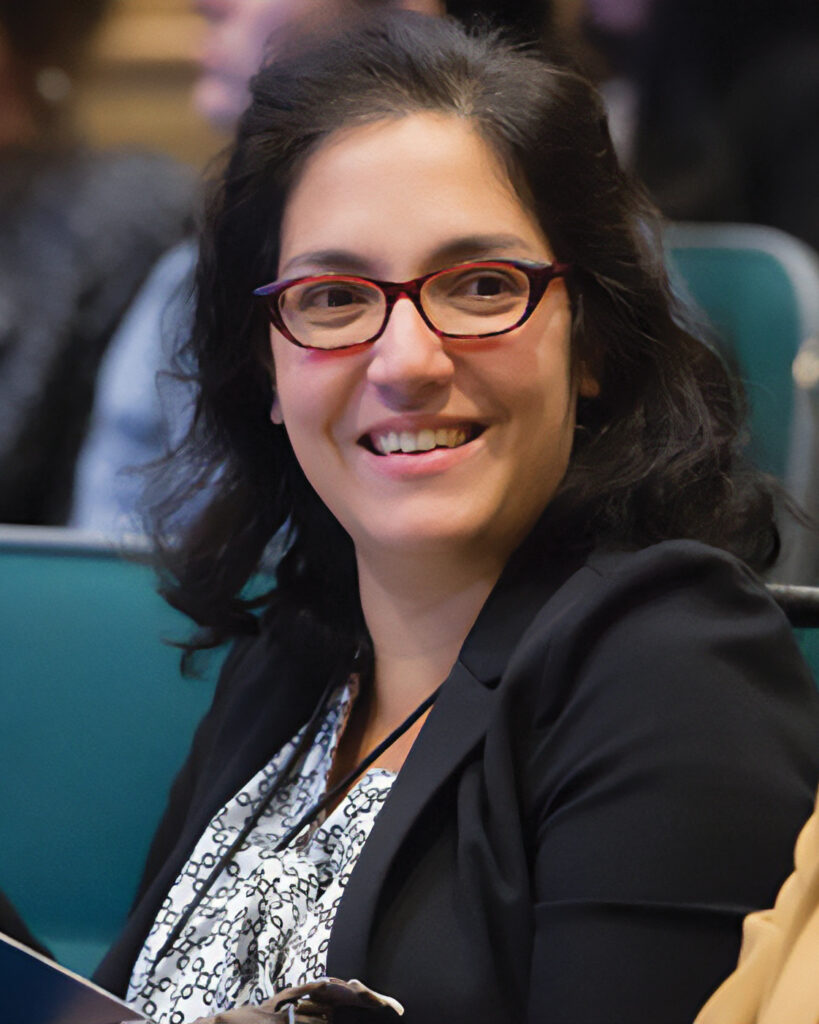
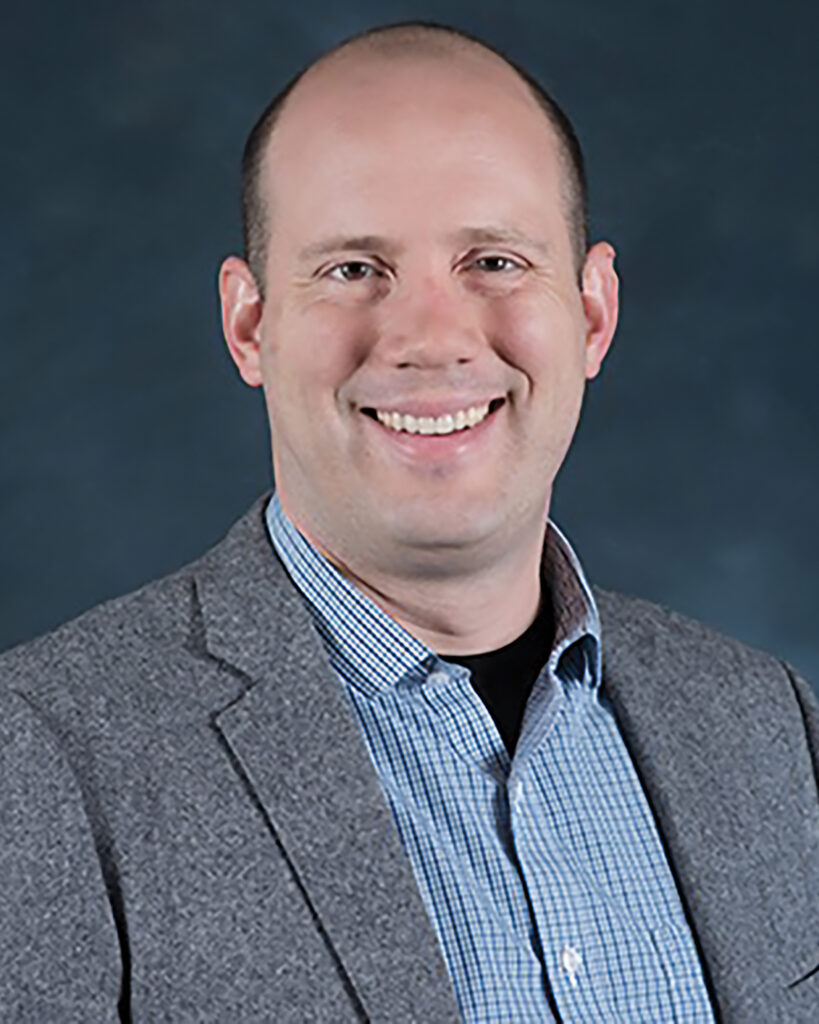
Furthermore, the science of ageing is uncertain. Research in cognitive function by Joshua Hartshorne of Boston College and Laura Germine from the McLean Institute for Technology in Psychiatry suggests it is no myth that wisdom increases with age. Older people tend to have the ability to see the big picture better than their youthful counterparts, though not necessarily the capability to recall specific facts instantly. The former skill is essential for a politician – a greater grasp of the wider historical context of world events would enable more informed decision-making. On the flip side, some studies have shown that tasks involving short-term memory decline from as early as 20 years old. To add to the complicated picture, arithmetic and comprehension skills, plus vocabulary, are thought to keep improving until 50, then decline thereafter.
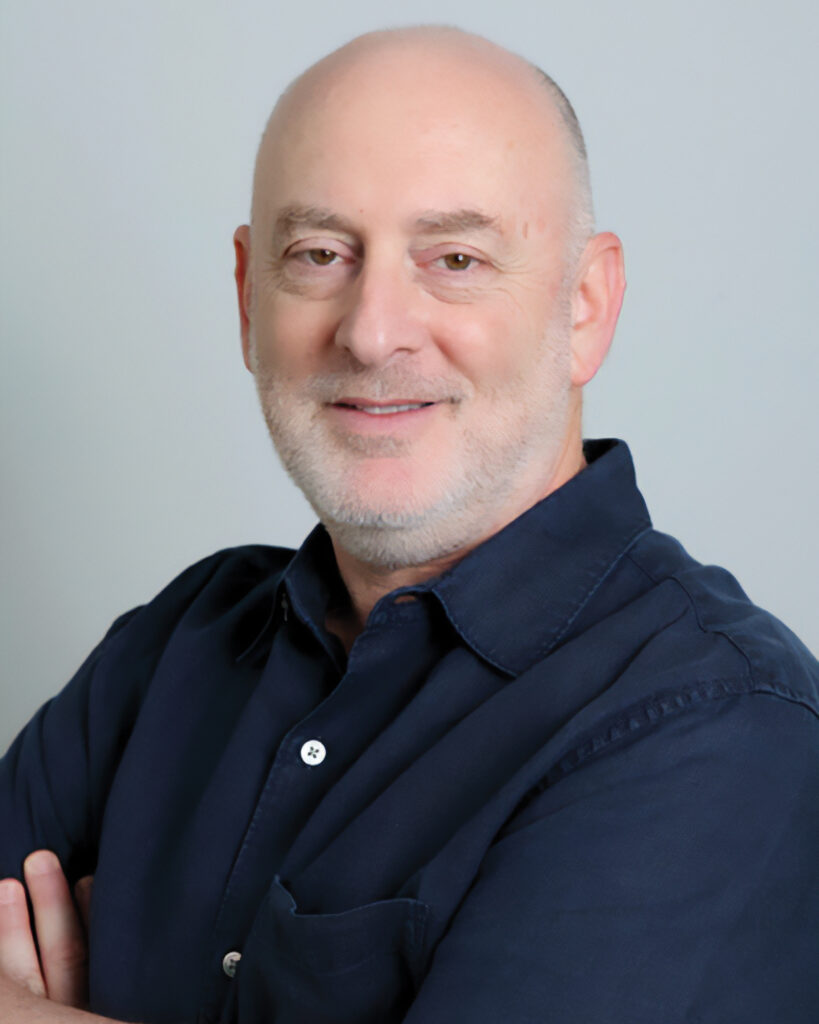
Jay Olshansky of the University of Illinois believes the two main contenders’ well-to-do backgrounds and family history of longevity work in their favour in terms of the ageing process and their expected lifespan.
An article published in The Hill in January states that both Biden and Trump have higher than average expected chances for men of their age of surviving another presidential term. Olshansky also opines that some of Biden’s gaffes have been blown out of proportion. For instance, when he was captured falling off his bike in June 2022, many deemed it a sign of his physical decline and poor balance. However, a closer examination of the circumstances indicated that he had caught his foot in the pedal strap, something anyone could do. The pertinent point here is that Biden, then aged 79, was comfortably able to ride a bike in the first place – not that he got his foot caught.
Survival of the fittest
Some people are chasing the anti-ageing dream far beyond the normal advice to reduce their weight, exercise and sleep more, quit smoking and limit alcohol intake. American entrepreneur Bryan Johnson, who made a fortune selling his electronics payments company Braintree to PayPal, reportedly spends US$2 million a year attempting to stop the biological clock.
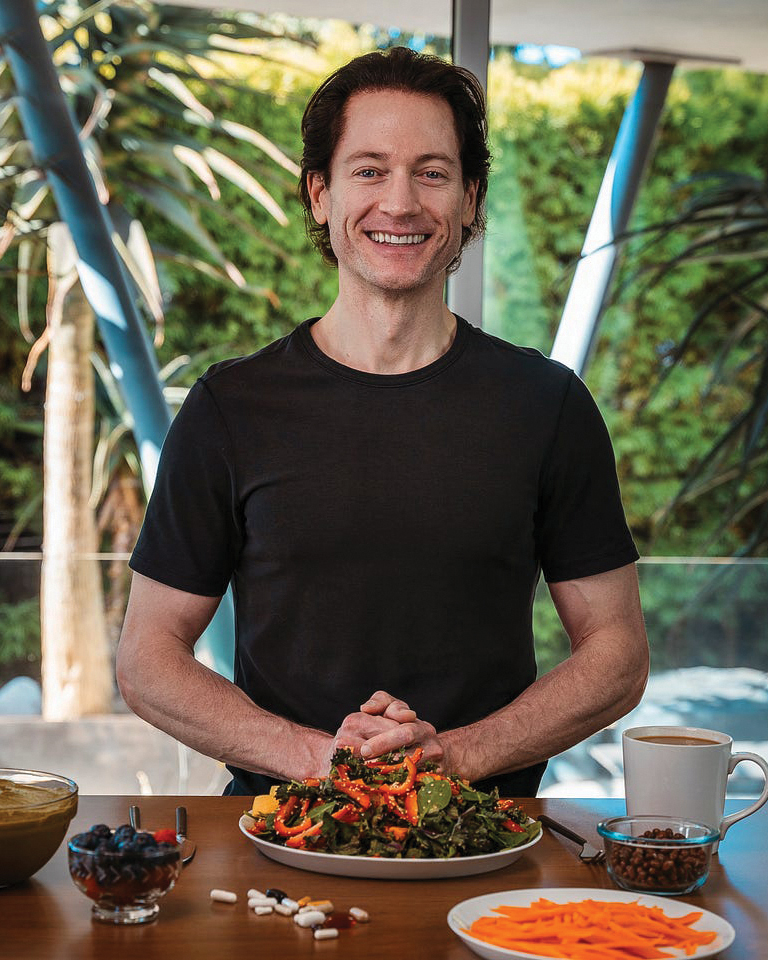
An all-over skin laser treatment is said to have reduced the 46-year-old’s skin age by 22 years, and he is known to observe a vigorous daily exercise routine and a strict plant-based diet including eating a kilogram of vegetables before 11 am, his usual dinnertime. He also consumes some 100 tablets a day, including the diabetes drug metformin and the immunosuppressant rapamycin, both hailed by longevity enthusiasts as ‘miracle’ anti-ageing pills.
Described as the most measured man in the world, Johnson’s biological and chronological age are continually tracked and monitored. His aim is to reverse his measured biological age by more than one year for every one year that passes – the first stage of longevity escape velocity in which life expectancy increases faster than time passes.
Confident his tortuous routine is paying dividends, he describes how he has near undetectable levels of inflammation, perfect blood pressure for his demographic, the ideal range of vitamin C, vitamin K, coenzyme Q10, 1GF-1 (insulin-like growth factor 1) and LDL (low-density lipoprotein) cholesterol, and a DHEA-S hormone level of someone aged 27. Just as impressively, in a series of physical tests, he scored equivalent to the top 10% to 25% of 18-year-olds.
Supplement strides
Johnson is now selling a basic version of his Blueprint protocol – described on his website as ‘The Most Nutritious Program in History’ – to those interested in adopting what he considers to be the perfect diet for the body. The idea that caloric restriction can significantly extend lifespan as long as all the necessary nutrients are ingested via minerals and vitamins is not new. It was advocated by the late Roy Walford, a professor of pathology at the University of California, among others, and their findings helped spawn the plethora of mineral supplements on the market.
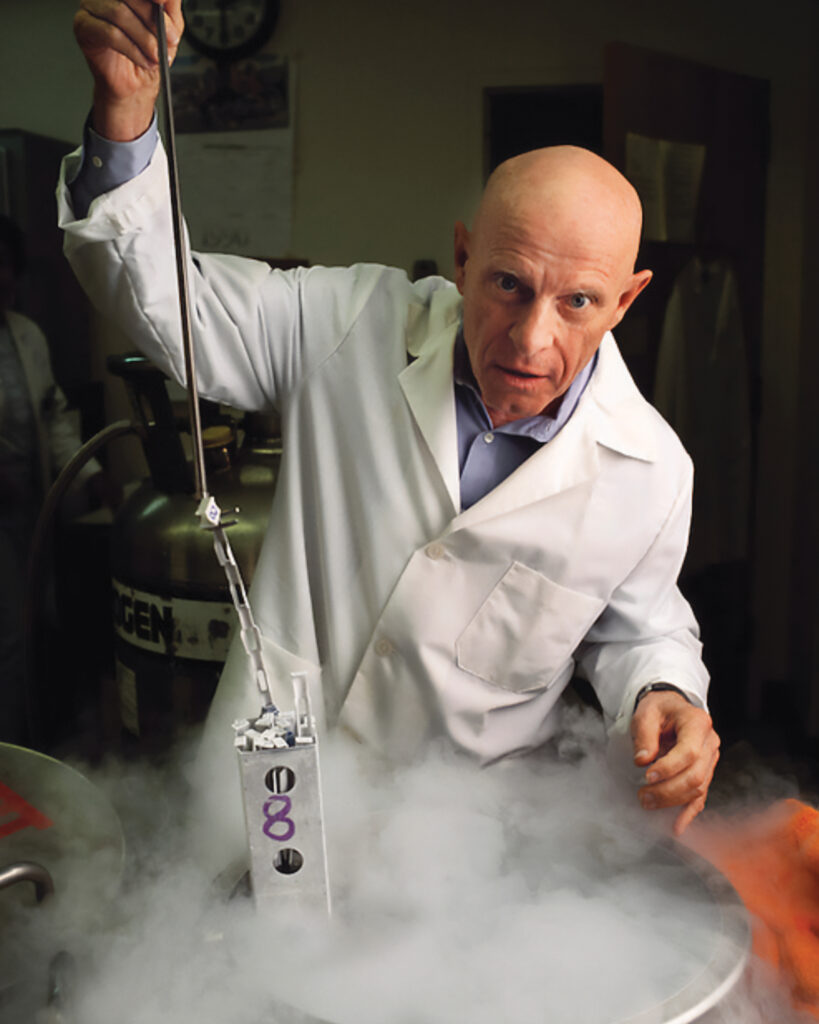
Though their life-extending capacity for humans is open to question, some supplements are generating considerable interest. Taurine, an amino acid, was recently found to extend the lifespan of mice by 10%, as well as boosting a whole range of functions in the middle-aged rodents including muscle strength, endurance, coordination and insulin sensitivity. A major study in the journal Science published last year linked lower taurine levels to age-related problems, noting that blood levels of taurine in elderly humans are 80% lower than they were when they were younger. The attention such revelations generated has made taurine a popular dietary supplement among the legion of alternatives.
Counter evolutionary?
Extreme do-it-yourself lifespan extension, however, goes against the grain of evolution, which is more interested in reproduction rather than longevity. It is thought that increased lifespan comes at the cost of reduced fertility. Our bodies contain trillions of cells that will ultimately need rejuvenation or renewal – something which is incredibly difficult to overcome as evolution has little interest in keeping the repair system going.

So perhaps we should turn to the original Star Trek actor, William Shatner, who is now in his early 90s, for advice on staying young. He told Newsmax: “Say yes to the opportunity life is offering. Say yes to life, yes to dinner, yes to going out, and yes to something new.”







